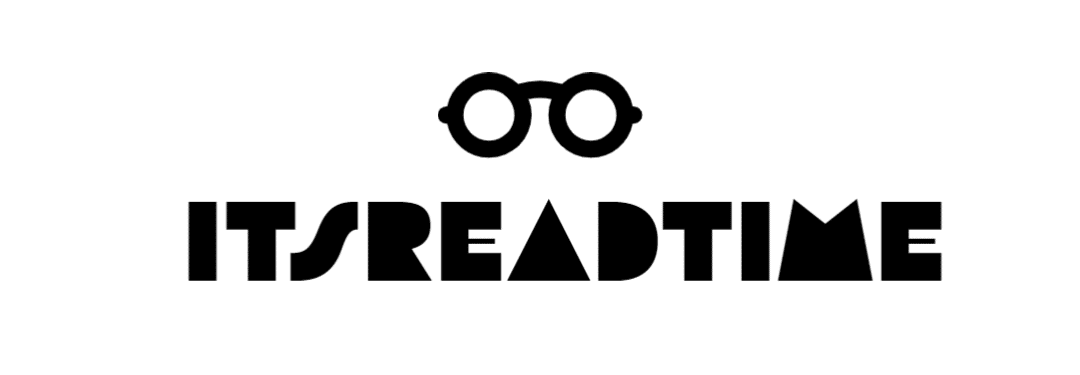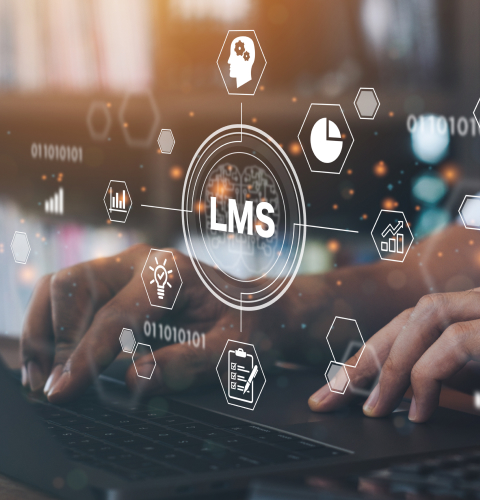Introduction:
In today’s fast-paced digital era, technology is reshaping education, making learning more accessible, efficient, and personalized. Among the innovations leading this transformation is the Learning Management System (LMS). Whether in academic institutions, corporate training, or self-paced learning environments, an LMS is a cornerstone of modern education, driving engagement, knowledge retention, and skill development.
What is a Learning Management System?
A Learning Management System is a software platform designed to deliver, manage, and assess educational content. It allows educators, administrators, and learners to access, monitor, and track the progress of various training programs or courses. LMS platforms cater to diverse needs, offering solutions for schools, universities, and businesses aiming to train employees efficiently.
With its user-friendly interface, an LMS empowers instructors to upload course materials, conduct assessments, and provide feedback. Simultaneously, learners benefit from flexible access to educational resources, enabling them to study at their own pace.
Core Features of a Learning Management System
A robust LMS typically includes several essential features, such as:
- Course Creation and Management:
Educators can design engaging courses using multimedia elements like videos, interactive quizzes, and downloadable resources. The ability to customize content ensures it aligns with learners’ specific needs. - Progress Tracking and Analytics:
LMS platforms provide detailed insights into learners’ performance through dashboards and reports. This helps instructors identify areas requiring improvement and tailor their teaching strategies. - Mobile Accessibility:
Many modern LMS platforms are mobile-friendly, ensuring learners can access content anytime, anywhere, enhancing flexibility and convenience. - Gamification:
By incorporating gamification elements like badges, leaderboards, and rewards, an LMS makes learning enjoyable and motivates learners to achieve their goals. - Integration Capabilities:
LMS platforms often integrate with other tools like customer relationship management (CRM) software, video conferencing apps, or analytics platforms to streamline operations and improve user experience.
Benefits of a Learning Management System
The adoption of LMS technology offers numerous advantages, including:
- Enhanced Accessibility:
Learners can access courses from any location, fostering inclusivity and enabling global participation. - Cost-Effectiveness:
LMS platforms lower total expenses by doing away with the need for travel, printed materials, and workout centers. - Personalized Learning Experience:
With adaptive learning capabilities, an LMS can recommend content tailored to each learner’s progress, preferences, and performance. - Scalability:
Whether educating a small group or a large audience, an LMS accommodates varying numbers of learners without compromising quality. - Environmentally Friendly:
By digitizing educational resources, an LMS reduces paper consumption and supports sustainable practices.
Applications of Learning Management Systems
LMS platforms are versatile tools with applications across various sectors:
- Academic Institutions:
Schools and universities use LMS platforms to enhance classroom learning, manage remote classes, and assess student performance effectively. - Corporate Training:
Businesses leverage LMS solutions for onboarding, compliance training, and skill development programs to boost employee productivity. - Professional Development:
Professionals seeking to upskill or reskill use LMS platforms for certifications, workshops, and online courses. - Government and Nonprofits:
Organizations in these sectors employ LMS technology for community education, policy training, and awareness programs.
Choosing the Right Learning Management System
Selecting the right LMS depends on an organization’s specific needs and goals. Key factors to consider include:
- Ease of Use:
Both teachers and students can use the platform effectively if it has an intuitive user interface. - Customization Options:
Choose an LMS that allows you to tailor content, branding, and functionality to align with your objectives. - Support and Maintenance:
Reliable customer support and regular updates are critical for a seamless experience. - Budget:
Assess pricing models and ensure the LMS fits within your budget without compromising essential features. - Scalability and Flexibility:
Opt for a solution that can grow with your organization and adapt to changing needs.
Read More Artical For Clicking Here
The Future of Learning Management Systems
As technology advances, LMS platforms are expected to integrate artificial intelligence, virtual reality, and augmented reality for even more immersive learning experiences. The rise of microlearning and mobile-first strategies will also continue to shape the evolution of LMS solutions, ensuring they remain indispensable tools for education and training.
Conclusion
A learning management system is more than just a technological tool—it’s a gateway to transformative learning experiences. By fostering accessibility, engagement, and efficiency, LMS platforms are paving the way for a future where education is dynamic, inclusive, and impactful. For organizations and individuals alike, embracing an LMS is a strategic step toward achieving educational and professional success.
Abdul Ghani – CEO at Sara Learning Global
Abdul Ghani is a dynamic leader transforming the way businesses approach learning and development. As CEO of Sara Learning Global, he combines vision with innovation to deliver impactful solutions. Beyond leading his team, Abdul shares his expertise through thought-provoking blogs, inspiring organisations to embrace modern, effective learning strategies.



